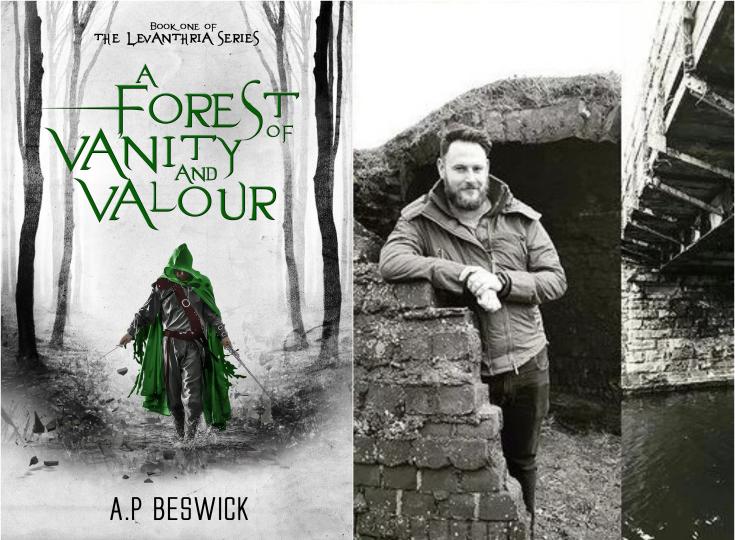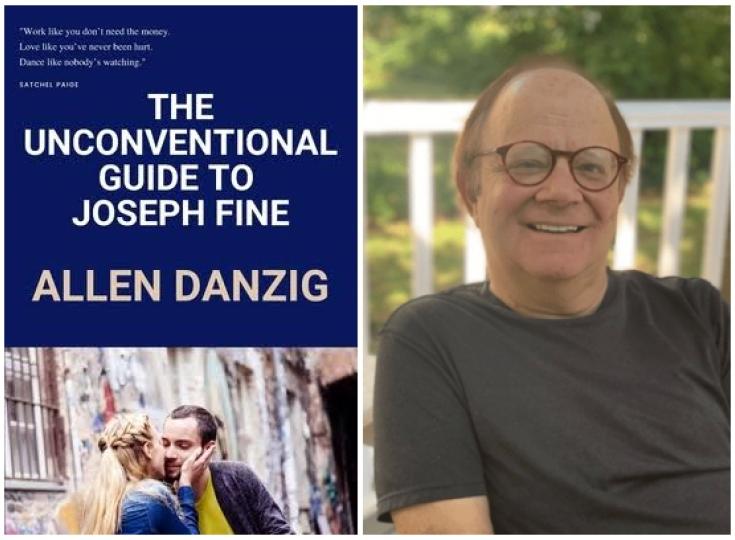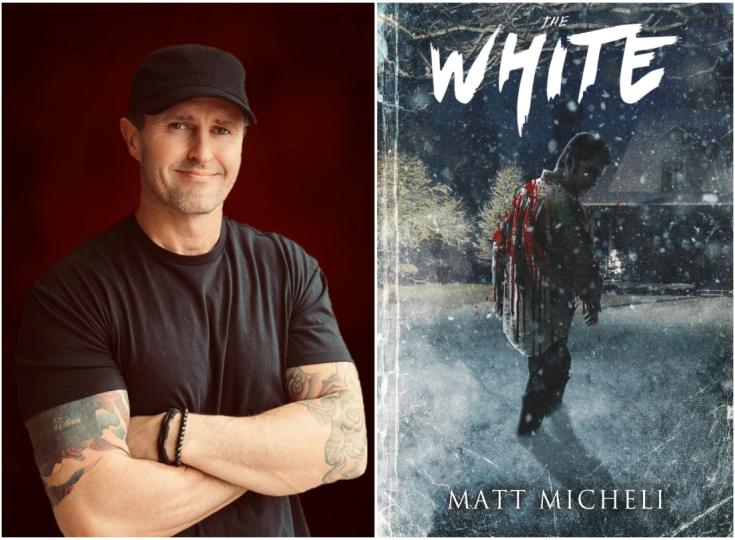Anne Moose - Interracial Love in 1950s Deep South
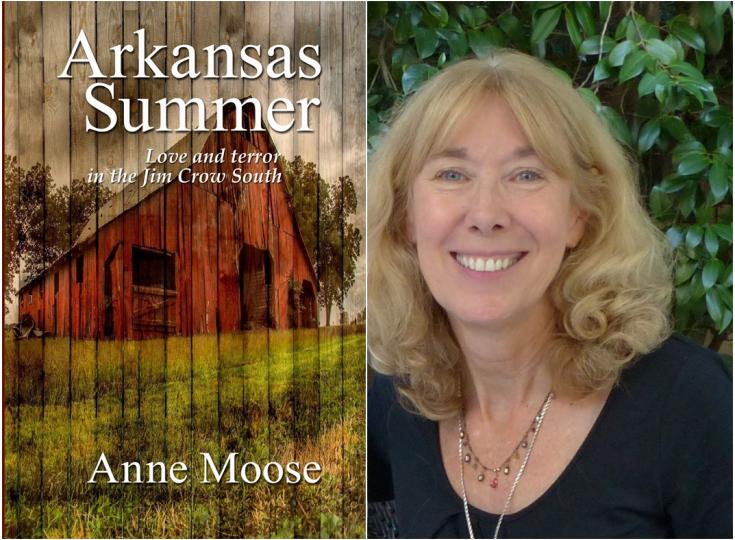
A resident of Mission Viejo, California, Anne Moose has a background as an editor and small book publisher in Berkeley California, where she earned a degree in Social/Cultural Anthropology from U.C. Berkeley. In Arkansas Summer, Moose tells a story about racism that reaches white readers at a deep emotional level. As our Author of the Day, she reveals how she used her own experiences and family history as inspiration for the book and talks about her research into black history and the Jim Crow years.
Please give us a short introduction to what Arkansas Summer is about.
Arkansas Summer tells the story of a young California college student (Catherine) who, in 1955, goes back to Arkansas with her father to check on her grandmother (Mama Rae) after her grandfather’s death. Neither Catherine nor her father have seen Mama Rae since the summer Catherine was nine, when a violent argument between Catherine’s parents and grandfather resulted in an estrangement between the two families. While in Arkansas, Catherine is reunited with the son of her grandmother’s housekeeper (Jimmy), who is now also a college student, home for the summer. Catherine and Jimmy had played together, and bonded, as children, when Catherine was visiting on summer vacations. Now, as twenty-year olds, they feel the old bond, and are immediately drawn to one another. They know their attraction, in 1955, is a dangerous one--life threatening for Jimmy--so they are careful to keep their interactions out of view. Unfortunately, they are eventually discovered together, transforming their love story into a suspenseful struggle to keep Jimmy safe.
Why did you pick 1955 Arkansas as the backdrop for your book?
I chose 1955 for a number of reasons. First of all, I wanted the story to take place in the Jim Crow years, because my main motivation for writing the story was to paint a picture of what life was like in the segregated South, where African Americans were not only dehumanized, but also terrorized by the white supremacist culture.
I chose 1955 in particular because I wanted to use the Emmitt Till murder, which took place that year, as a cultural reference point. Also, the story takes place in two time frames: 1955 and 1986. I wanted Catherine to be in her early fifties in the later time frame (1986), so 1955 worked for that as well.
I chose Arkansas as the location for the story because my own grandparents were from Arkansas. I actually based the story partly on my own family history. Like the father, Ben, in my novel, my own father was disowned by his father one summer in Arkansas when we were visiting for a summer vacation. My grandfather, like the grandfather in the story, was a virulent racist, and the falling out in my family resulted from a violent argument over Civil Rights. The primary setting of the story, which is a small farm, barn, and nearby pond, is based on my own recollections of my grandparents’ Arkansas farm.
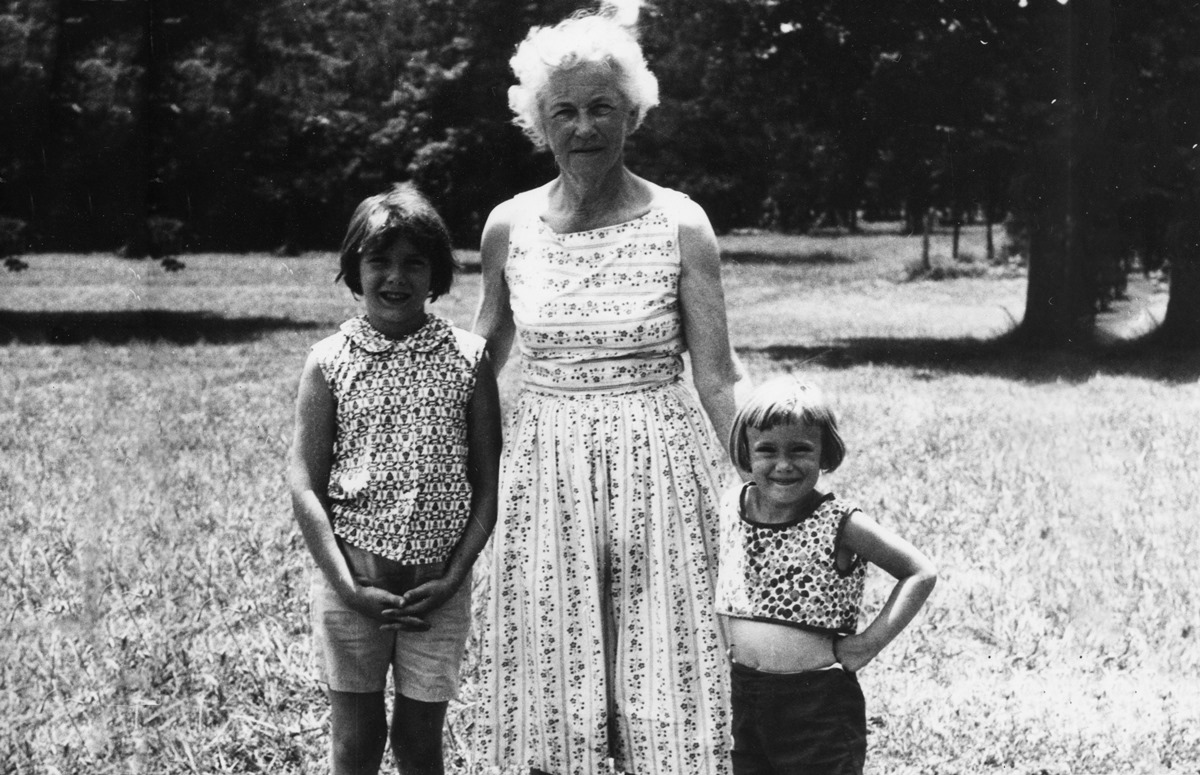
Tell us more about Catherine and Jimmy - why do they make such a great couple?
Catherine and Jimmy had played together and adored one another as children, so it’s not surprising that they should be drawn to one another as young adults. They have magical memories in common. They also share a hatred of the white supremacist culture of the South, and are both, now, college students, so they have these things in common as well. (Jimmy, with a scholarship to Oberlin College, is the pride of his community.) Though they understand the extreme dangers posed by their attraction, their relationship is made all the more poignant by the “Romeo and Juliet” aspect of their romance. In short, they are young, idealistic, and supercharged by the irrepressible force of young love.
In this book you’re dealing with so many difficult themes – as a writer, do you feel a sense of responsibility? If so, how do you deal with this?
I certainly understood, as I was working on the book, that I was writing about history and subjects that are extremely important. I’ve spent my entire life reading black literature and black history, so I think I started with a pretty good background in the subject matter. But while I was working on the story, I read a great many more books in an effort to describe the cultural and physical environment as authentically as I could. I also talked to quite a few people, including my parents, about what it was like in the South during that timeframe.
Most of what I wrote describes the emotional experience of the primary character, Catherine, who is, not surprisingly, somewhat like myself. We see almost everything through her eyes, and her emotions, and it was important to me that this was the case, because I didn’t feel like I had the insight to write the story from the point of view of an African American living in that world. My novel essentially tells the story of a young white woman who falls in love with a young black man in 1955 Arkansas, and the terrible consequences that arise when they are discovered together. But everything is seen through her eyes.
As a consequence of my decision to write the book this way, I think I managed to tell a story about racism that reaches white readers at a deep emotional level--which, I think, is important, since white readers are less likely than black readers to know about the horrors of the Jim Crow era. That said, I’ve been extremely pleased to find that African American readers are not only liking the book, but seem to appreciate my effort to lend my voice to the cause of social justice. For me, this is more gratifying than I can express.
Is there something that compels you to write? And do you find that writing helps you achieve a clarity about yourself or ideas you've been struggling with?
I definitely write as an outlet for expressing my feelings about things I believe are important. This novel is, to a great extent, the perfect expression of who I am, and what I care most about. I’ve been thinking about race and inequality my whole life, and my husband is African American, so combining an interracial love story with a plot that shines a spotlight on our country’s history of racial oppression is the perfect vehicle for articulating myself and my concerns.
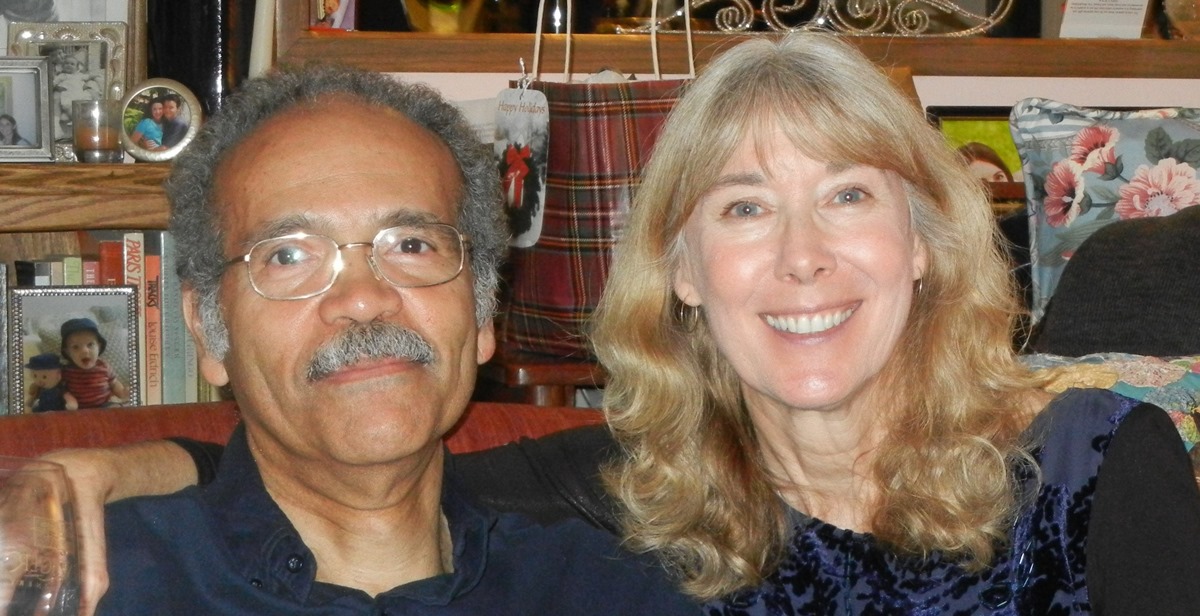
How much research did this book require from you to get the history right? What was the most interesting aspect of your research?
Having been deeply influenced by the Civil Rights Movement of the 1960’s, I’ve been reading black literature and history pretty much my whole life. (When other young women were reading Little Women and Pride and Prejudice, I was reading Black Boy, The Invisible Man, The Autobiography of Malcolm X, I Know Why the Caged Bird Sings, and so on.) But I also did a great deal of additional research while I was writing, because I wanted to get the history right.
The most interesting, and, I should say, shocking thing I discovered in doing my research, was the extent to which a practice called “convict leasing” was used to, in essence, re-enslave tens of thousands of African Americans after slavery was outlawed at the end of the Civil War.
It seems that the 13th Amendment ended slavery “except as a punishment for crime.” So after the Civil War, all kinds of “crimes” like vagrancy and loitering were invented for the express purpose of arresting and convicting blacks and then “leasing” them out to mining operations, plantations, and factories. Southern Sheriffs all over the South made money this way, and persons enslaved by this new system were often horrifically mistreated. Unlike the previous system of slavery, in this system, laborers were not “owned,” so there was no incentive to keep people healthy. It was not uncommon for people to literally be worked to death, and there was no penalty for killing a laborer. So this was a particularly brutal and inhumane new version of slavery, and it persisted for a period of approximately 80 years, right up to the start of the Second World War. Much of the Southern economy was predicated on it. And yet, up until recently, this was almost never written about. It’s been all but erased from our country’s shameful history. Fortunately, it is finally becoming known. I read two excellent books about it that I highly recommend: Slavery by Another Name, by Douglas Blackmon, and Worse than Slavery, by David Oshinsky.
My novel takes place in a time period that is after this practice finally ended, but I wrote about it in my story, because once I learned of this history, I was determined to work it into the plot!
Readers say that the book kept them at the edge of their seats and gave them sleepless nights. How did you manage to keep such an air of suspense throughout?
Well, the topic of the book, which is essentially the fear and terror that was part and parcel of the segregated South, is inherently frightening, so as the story unfolded, it was naturally pretty suspenseful. But I deliberately amped up the suspense, because I wanted readers to experience the fear and helplessness that blacks felt being at the mercy of violent white supremacists and white men in “law enforcement” who had absolute power over them, including the power to imprison or kill them if they so desired.
There were times when I knew I was creating so much suspense and fear that it might actually be too much for the reader, so I deliberately pulled back from letting some things go too far. But I should say that in real life, things very often did not get pulled back. Things were often horrific. That period was a horrible, shameful time in our history, and we Americans need to know about it, not only to own up to the unvarnished truth of what we have done to innocent people, but also because I think we owe it to those who suffered to tell their stories. Just as we remember the Holocaust, we need to remember our own American Holocaust, especially because some forms of it still persist to this day.
This said, I want to assure would-be readers that my story is not one long horror show. It’s an emotional ride, to be sure, but at its most basic level, it’s a love story, and I made sure to supply an ending that was reasonably optimistic.
To what degree do you believe authorial intent determines how a work should be interpreted?
Interesting question. I think, ultimately, a book needs to be judged on its own merit. But I think the author’s intent and motivation can, and maybe should, be a consideration when judging a work in the broadest sense. It’s arguably, at least, an interesting consideration. Why did the author write this book?
In my own particular case, as I was working on the book, I was acutely aware of the fact that writing about race could be risky. I was warned by some people to brace myself for criticism that might be painful, since race is a topic fraught with so much strong emotion and personal experience. Happily, so far I have not received any criticism for endeavoring into this territory. On the contrary, I’ve been hugely gratified to find nothing but congratulations coming my way. I’ve been particularly gratified that African American readers are embracing the book. Arkansas Summer is my sincere attempt to lend my voice to the cause of social justice, and so far it seems as if my effort is appreciated—which means the world to me.
What is your favorite motivational phrase?
I don’t recall exactly where I heard this, but I’ve heard it said that “you can only grow if you are willing to step out of your comfort zone.” I have been trying, in my old age, to take this to heart, and I’m finding it to be really empowering. Putting this novel out into the world has been a big step for me, and it has paid off in more ways than I can say.
What was the toughest thing you had to go through when writing Arkansas Summer?
I can’t honestly say that the writing part of the experience was particularly hard. Once I started writing, it pretty much just flowed out of me. If there has been anything tough about my experience with this book, I’d have to say that it’s just been hard getting it out into the world. When people read it, I get strong positive feedback. But, as an independent author, getting the book to readers is difficult. It would be much easier if I were backed by a major publisher with a big advertising budget.
What are you working on right now?
At the moment, I’m working on a second novel. This one takes place in a modern timeframe, but deals with some of the same themes. I haven’t gone too far on this one yet, but I’m hoping to start making swift progress soon. To say the least, I wish there were more hours in a day.
Where can our readers discover more of your work or interact with you?
I welcome reader feedback, and I have an email address that I created specifically to receive and send messages about Arkansas Summer. The address is:
Also, I LOVE being a guest at book club meetings where my book is being discussed. If I can’t attend in person, I’m happy to do so by phone, so I encourage any book club members who are interested to contact me at the above email address.
